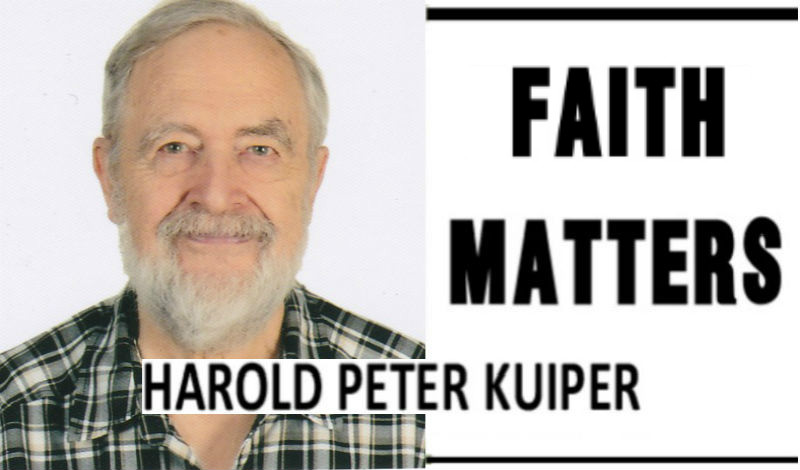The weekly explorations group was opened in prayer by Brent, who then told the group a little story. The other day I was eating in a restaurant when I met an overweight, unhappy looking lady, and I struck up a conversation with her. She really unburdened herself, convincing me that ordinary laypeople can counsel and encourage others.
“We were married 20 years, married in the church down the street,” the lady said.
“Had six kids. Then he told me, ‘I no longer love you.’ He took up with my friend.
Now I overeat, work hard and try to be both father and mother, but drink when I get home, exhausted, and neglect them. I have high blood, getting diabetes, I know I need God,
but don’t feel worthy to go back to church.” And because there’s no divorce in the Philippines, and an annulment would be very expensive and difficult, she and her “ex” are both in limbo.
So much brokenness in this society, so much death, I thought to myself, “I didn’t know death had undone so many”. (Dante to Virgil.) I tried to counsel her a bit, and pray for her, invite her to church. She didn’t go, like so many estranged from Church, new life and God.
“Who is worthy for church, and to go to God?,” I thought, remembering the throngs singing at Billy Graham’s crusades, “Just as I am, without one plea, but that thy blood was shed for me.”
Tony, the philosophy student, says, it’s too bad that she cannot see that the Cross stands for all her sins and failures—and her husband’s— being covered, washed clean by the blood of Christ, and so now, because of Easter, she can go forward, and leave a good legacy for her children and others. I’ve also learned that immortality itself can be thought of two ways: subjective immortality—the survival of our conscious soul—and objective immortality—our legacy, what we leave behind, “treasures in heaven.” Whatever good we do is preserved in God. It’s as if we add to God’s repertoire, his fund of ideas and information that He can put in front of others, to which they can choose to respond positively, or not. For instance, a girl grows up hearing her parents play and sing music together, and becomes a concert violinist herself, or an orphaned boy is taken in by a kind family, and that kindness is an inspiration for him to want to be an “orphanage man”, which he does, after becoming a doctor.
Oh, I like that, says Fr. Henry, I recall it from seminary: It’s “Process Thought”, the idea that becoming and relating are more real than static being. For instance, a car that is moving is more real than one that is parked, especially if it’s carrying chatting passengers. Going is more real than sitting or standing. That’s why we do not worship the in-the-flesh Jesus, but the living God. He himself said, “Unless I go away, the Holy Spirit cannot come.” In order to have resurrection life, new life, ourselves (Colossians 3:1) we have to die to the old way of thinking and living that we cling to! “He isn’t here; he has risen, just as he said.” (Matt. 28: 6; Luke 24: 6)
So we can conclude, says Brent, that the lady would be more real, become alive in Christ, if she would follow Paul in Philippians to “Forget what is behind, and strain toward what is ahead, pressing on toward the goal to win the prize for which God has called me heavenward in Christ Jesus.” See you next week! (Comments welcome at hpkuiper1.com.)














